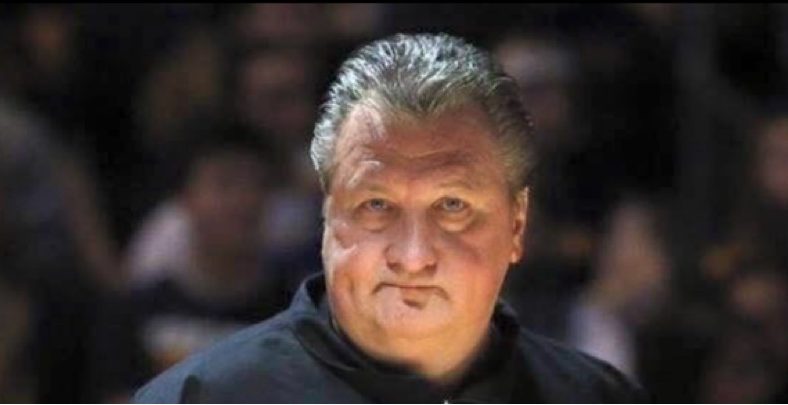The Psychology of a Disappointing Season

The West Virginia basketball team finally figured it out and almost made an historic run at the end of the year. The dismissal of Esa Ahmad and Wesley Harris helped avoid a cataclysmic, catastrophic season from unfolding. What made Huggins finally turn from the precipice of disaster and see what we all saw all along? I wasn’t in the locker room, have never met the two dismissed players before, have no real idea of who they are as human beings, but somehow I could see that they were the problem. Perhaps it was Ahmad’s body language. Having studied body language extensively, it was clear that something wasn’t right with Esa Ahmad throughout his entire career at WVU.
The science of body language is packed with interesting ways to determine the motivations of people. Ahmad’s facial expressions were the first clear signs that he was never happy. Has anyone ever seen him smile? Did he ever show any emotion besides anger and frustration and indifference? How about Wesley Harris? How did they move? What were their gestures like on the court? There were clear cues from they way that they handled themselves that they simply weren’t interested in the team and apparently this carried over into the locker room, where Huggins has admitted they stopped listening to him. Both were talented basketball players, particularly the ultra-skillful Ahmad, but they would never help the team. We don’t know what caused this, but Bob Huggins should have known.
I’m not calling for Huggins’ head, I don’t think the game has passed him by, but I do have questions. Why didn’t he see this earlier? What did he see in them that we didn’t?
Take the curious case of Jordan McCabe this season. McCabe spent the entire first 3/4 of the season making very typical, common Freshman point guard mistakes. Huggins’ reaction to this was to immediately throw his hands up, look to the bench and send Brandon Knapper or Beetle Bolden to replace him. This type of reinforcement has never been successful in any walk of life in the history of the world. It’s akin to a father screaming at and berating his young son for spilling milk. Yes, it scares him and makes him want to do better. But it also scares him and makes him more prone to future mistakes. It’s basic psychology. After the dismissal of the two aforementioned players and the “injury” to Bolden, Huggins commented several times that McCabe was finally playing more freely because he didn’t have to look over at his shoulder because he had no one else to put in. You think so? Of course he would play more spontaneously and openly and better without the threat of being pulled from the game for a mistake. Just as the child is supposed to spill drinks, it’s the very nature of learning and growing, Freshman point guards are supposed to make poor passes and decisions in a sped-up version of high school basketball. It’s a necessary part of adjusting to the college game. Unfortunately this was not seen or understood until too late in the year.

As great as Bob Huggins is, he still seems to be learning and growing himself. He will learn from this season and he’ll not only be better but so will his future teams because of it. His young core of players are incredibly talented and they want to win. They want to be a part of this team and they will win big.
